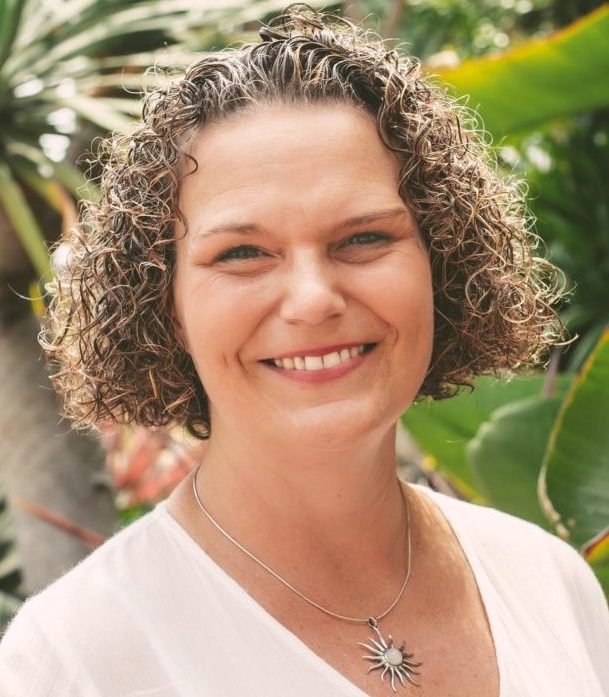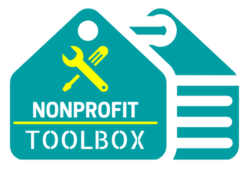Hiring your first development director is an important milestone for any nonprofit. It means you have survived the gauntlet of start-up and are ready to take your programs and mission impact to the next level. Congratulations!
As you embark on this endeavor, it is important to begin with the end in mind. With the average turnover for development directors at about 18 months, it is imperative to know the do’s and don’ts. Here are some of the most important to consider.
DON’T expect them to raise their own salary in a year

Courtesy of Janeal Ford
Janeal Ford is the president and CEO of Fordable Fundraising
A few years ago, a board member from a local charity approached me asking for advice on hiring a development director. He explained the executive director had worked hard to grow the size, scope and impact of programs with government funding, but now the organization needed to diversify its income.
He wanted to float a big idea past me. He wanted to hire an eager and inexperienced college graduate for the position, cover the cost of their salary for two months and then expect the new staff member to cover the balance through their fundraising efforts.
I had to kindly break it to him that the idea would most likely end in disaster for the new hire and for the organization. It doesn’t matter how eager the new college graduate is, if there aren’t any systems in place and they don’t have guidance from someone who knows what to do, it will not end well.
Building your fundraising program requires an upfront investment of time and money. While there will be a delay in results, but keep with it. Once the income begins, you can expect a steady, growing stream of income. Rather than taking on the entire salary of a skilled and experienced director, consider alternate staffing models, such as hiring expert level contractors who can help lay the groundwork for your program.
DO hire someone with experience
If you need electrical wiring installed, most of us call in an expert. Expert electricians help ensure we install efficient and safe systems.
While poor fundraising returns aren’t as dramatic as being electrocuted, hiring a fundraising expert can help you avoid the pain and anguish of lost resources and failed fundraising efforts.
If you are new to fundraising, recognize there is important groundwork that must be laid before you will see results. Fundraising plans, prospect search, and a clear and compelling case for support are non-negotiable items for success. You can skip over it, but like shoddy electrical work, you can expect real problems down the road.
DON’T buy into the myth of a ‘big shot’ fundraiser
A ‘big shot’ fundraiser is someone who can bring in significant funding to any charity. They don’t necessarily have experience in fundraising, but come with a bevy of wealthy contacts — friends, family and neighbors — all poised and ready to give unrestricted money. There is belief these people can be attracted if the charity can come up with the cash for their salary.
Let me be clear: The ‘big shot’ fundraiser doesn’t exist. It is a mythical person, likely created by executive directors and board members who’ve never been trained in fundraising and can’t stand the idea of asking for money.
Knowing this, be realistic about what is possible for one person to do and clearly outline what is expected.
DO build a culture Of philanthropy
A culture of philanthropy is the organization’s attitude toward philanthropy and the development process. In other words, it’s the charities collective ability to recognize fundraising as a team sport.
From front-line staff to board members, everyone plays a role in sharing the charity’s impact and inviting the community to give and engage in the work of the mission. The success of fundraising and that of your development director is tied to it. If you truly want your first development director to be successful, understand the key indicators of what a culture of philanthropy looks like.
***
Janeal Ford is the president and CEO of Fordable Fundraising and has served in the nonprofit sector for more than 20 years. As a fundraising professional, board member, community volunteer and consultant, she has helped charities raise millions of dollars. Ford received a bachelor’s degree in sociology and a master’s in public administration from the University of Utah.

































